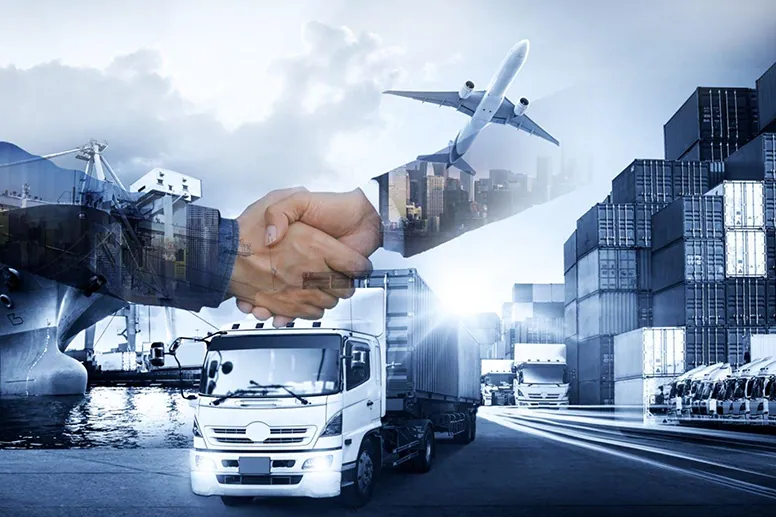What is the import tax on machines?
The HS Code that classifies machinery determines how much the import duty is. But using government programs like EPCG can often mean substantial reduction or no duty at all.
Do I need a permit to bring in machines?
You don't need a license to bring in most kinds of popular industrial machinery. But it is highly necessary to read the guidelines for specific kinds of equipment, especially for old, restricted, or tech-sensitive equipment.
What are the most critical documents you need to bring in machines?
The most crucial papers are the Commercial Invoice, Packing List, and Bill of Lading/Airway Bill. You also require proof of support, like a Certificate of Origin, technical catalogs, and an import license if you need one.
How do I file a Bill of Entry (BoE) for machines?
The ICEGATE interface lets you file the Bill of Entry online. It is hard to do, and all the information regarding the package and its value must be turned in correctly.
Can you bring in machinery without paying taxes?
Yes, under programs like the EPCG program, machinery that is brought in to create things for export can have a zero-duty import facility.
What if Customs looks at my tools?
Customs may choose a shipment for inspection to make sure that the description and value are correct. In these cases, a customs broker helps the officials make sure that all the documentation is in place and that the inspection goes well so that the goods can be released fast.
How long does it take for machinery to get through Customs?
If all the paperwork is in order and there are no problems, clearance may usually be done in two to three days. If there is an inspection or a difficulty with the papers, the process may take longer.
Is it possible to collect GST refunds on machinery I bring into the country?
Yes, GST laws provide that you can get back the IGST you paid when you brought in machinery as an Input Tax Credit (ITC) against the GST your business owes.

